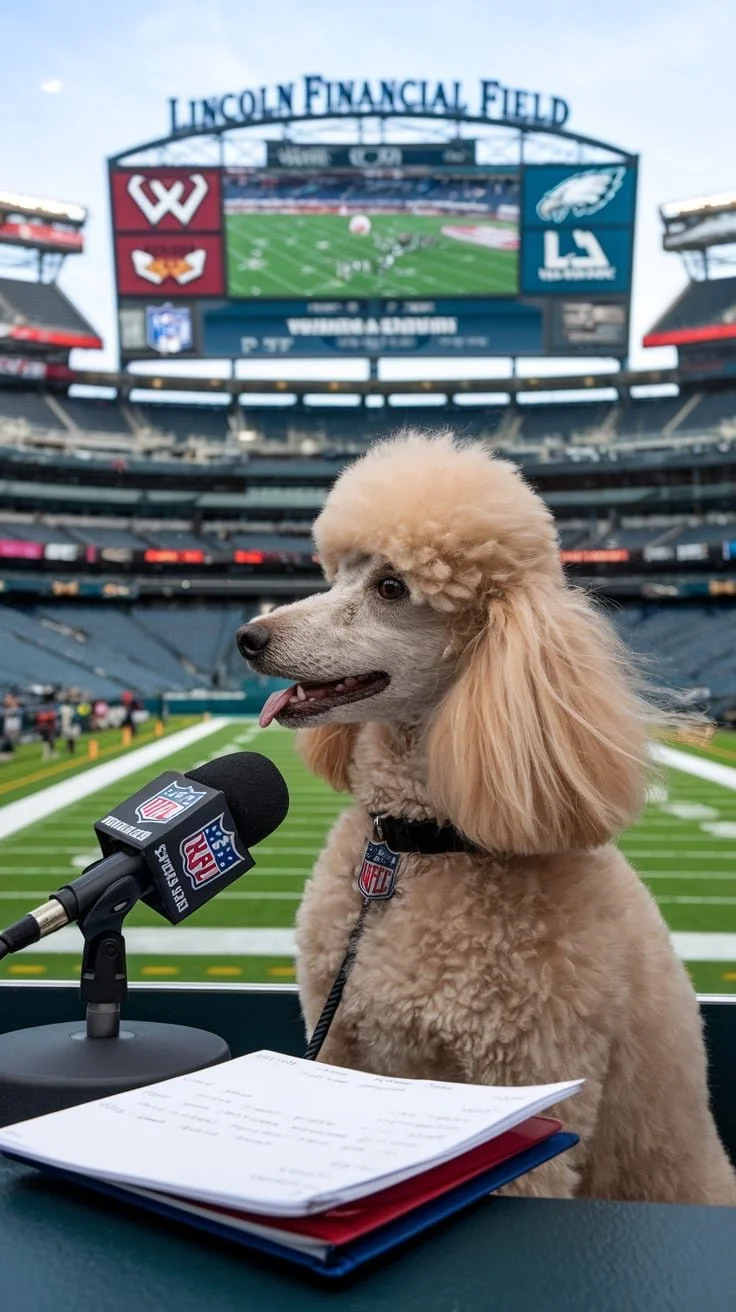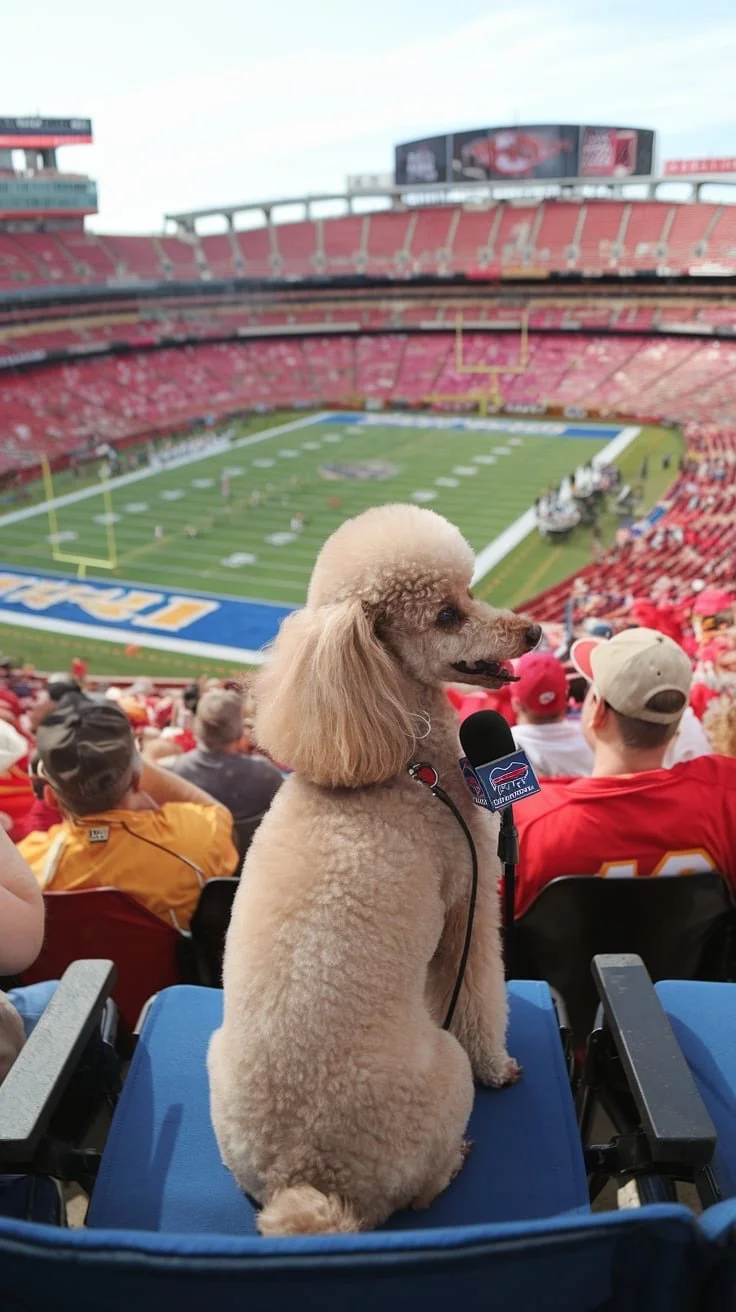FLOSSI AND THE NFL PLAYOFFS
The National Football League (NFL) and its teams have historically benefited from various tax breaks and public subsidies, particularly in the construction and renovation of stadiums. These financial advantages often come through direct public funding, tax-exempt municipal bonds, and other incentives provided by state and local governments.
Notable Examples of Tax Breaks and Public Subsidies:
Buffalo Bills (Highmark Stadium):
Public Funding: In 2022, the Buffalo Bills secured a deal for a new stadium that will cost $1.4 billion. New York State will contribute $600 million, and Erie County will contribute $250 million, for a total of $850 million in public contributions.
Controversy: This deal has been criticized, especially after the team's valuation increased significantly. This has led to debates about the appropriateness of such a substantial public investment.
Minnesota Vikings (U.S. Bank Stadium):
Public Funding: Completed in 2016, U.S. Bank Stadium cost $1.1 billion to build, with approximately $498 million funded by public sources, including the state of Minnesota and the city of Minneapolis.
Atlanta Falcons (Mercedes-Benz Stadium):
Public Funding: The stadium, which opened in 2017, cost around $1.6 billion to build. $700 million was financed through tax-exempt bonds and other public funds.
Las Vegas Raiders (Allegiant Stadium):
Public Funding: The Raiders' move to Las Vegas involved the construction of Allegiant Stadium, costing $1.9 billion, with $750 million funded by public money, primarily through hotel tax revenues in Clark County, Nevada.
Tax Strategies Employed by Team Owners:
Beyond stadium subsidies, NFL team owners often utilize tax strategies to minimize their tax liabilities:
Depreciation of Assets: Owners can depreciate the value of player contracts and other assets over time, allowing them to claim significant deductions. This practice enables owners to report substantial losses on paper, offsetting other income and reducing overall tax burdens.
Opportunity Zones: Some NFL teams have stadiums in designated "opportunity zones," created to spur investment in economically distressed areas. Investments in these zones can offer tax incentives, including deferrals and exclusions of capital gains.





